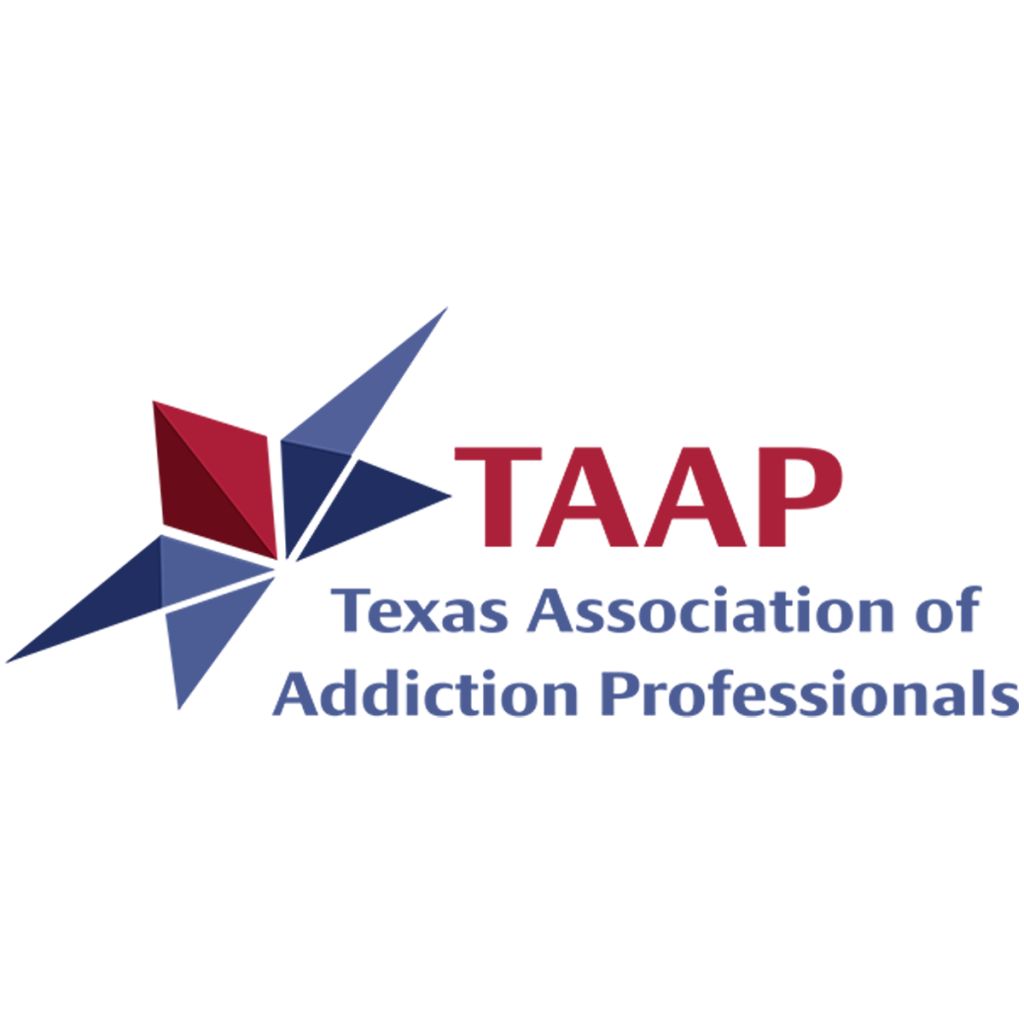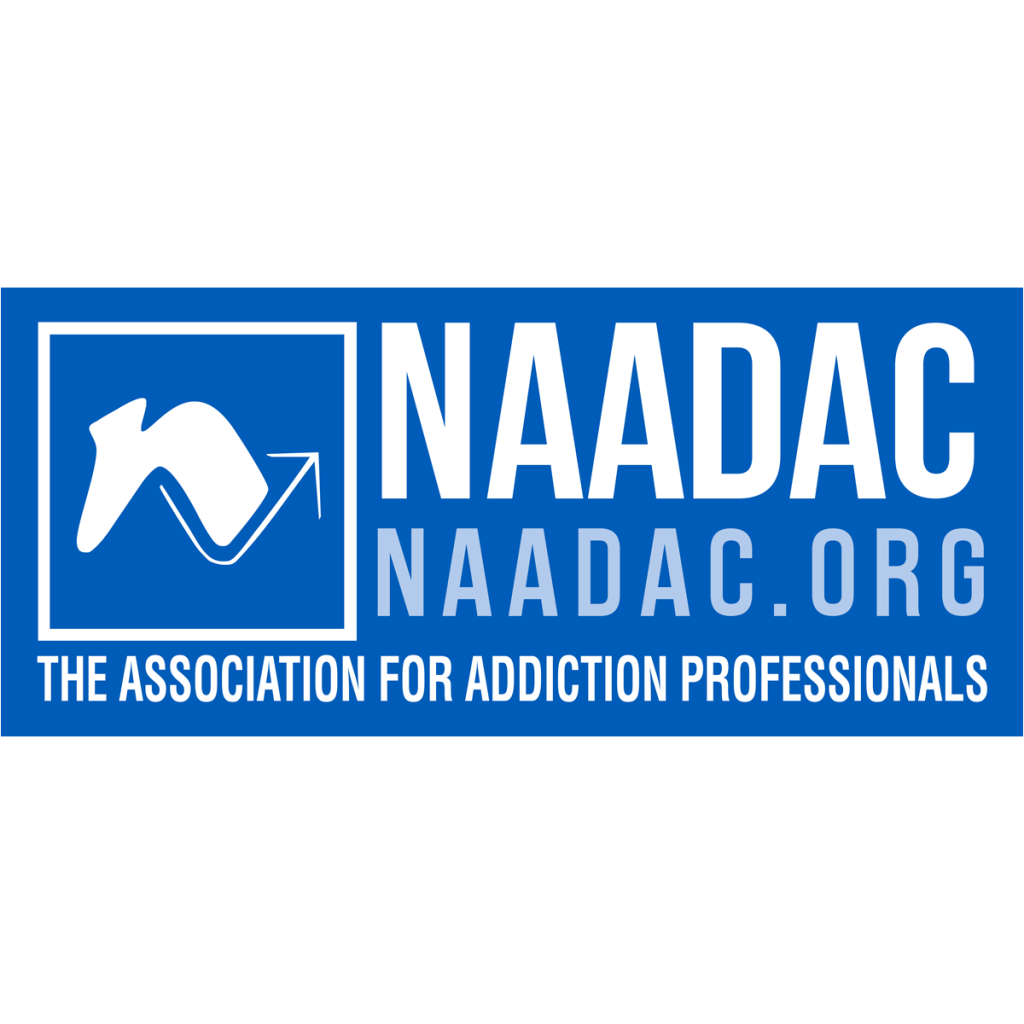
Table of Contents
Intensive outpatient rehab, or IOP, is a popular form of addiction treatment that has helped countless individuals overcome substance abuse and transform their lives. This treatment modality involves frequent therapy sessions, group counseling, and other supportive services, all while allowing patients to maintain their daily lives and responsibilities.
But what makes IOP so effective? In this blog post, we will explore the science behind intensive outpatient rehab and how it can help you achieve lasting sobriety. From evidence-based therapies to peer support groups, we will dive into the key components of IOP and how they work together to promote long-term recovery. So if you or a loved one are considering IOP as a treatment option, read on to learn more!
Understanding intensive outpatient rehab
Intensive outpatient rehab is a form of addiction treatment that provides patients with the necessary tools to overcome substance abuse while still being able to manage their daily lives and responsibilities. This approach to addiction treatment is often chosen by those who do not require a more intensive level of care, such as inpatient treatment, but still need significant support and guidance in their recovery journey.
IOP involves frequent therapy sessions, group counseling, and other supportive services designed to help patients build coping skills and learn strategies for maintaining sobriety long-term. These services can be tailored to meet each patient’s unique needs and circumstances, making IOP a highly customizable and effective treatment option.
IOP uses effective addiction treatments like CBT and motivational interviewing. They help patients deal with underlying issues, develop healthy coping skills, and prevent relapse.
In addition to evidence-based therapies, IOP also incorporates peer support groups, such as Alcoholics Anonymous or Narcotics Anonymous, which have been found to be highly effective in promoting long-term sobriety. These groups provide patients with a sense of community and support, helping them feel less alone in their recovery journey.
Intensive outpatient rehab relies on evidence-based therapies and peer support to help patients achieve lasting sobriety and transform their lives. Seek advice from a healthcare professional to find a suitable program for you or your loved one.
The science behind its effectiveness
The effectiveness of intensive outpatient rehab lies in its evidence-based approach to addiction treatment. By utilizing therapies that have been proven to be effective in addressing addiction, such as cognitive-behavioral therapy and motivational interviewing, IOP provides patients with the necessary tools to address their underlying issues and develop healthy coping skills.
Additionally, the incorporation of peer support groups, such as Alcoholics Anonymous or Narcotics Anonymous, provides patients with a sense of community and support, which has been found to be highly effective in promoting long-term sobriety. This community support helps patients feel less isolated in their recovery journey and increases their motivation to stay sober.
The flexibility of IOP also contributes to its effectiveness. Patients can continue to manage their daily responsibilities, such as work or school, while receiving frequent therapy sessions and supportive services. This allows patients to practice their newfound coping skills in real-life situations, increasing the likelihood of long-term success.
Overall, the science behind intensive outpatient rehab lies in its evidence-based therapies, incorporation of peer support, and flexible addiction treatment. For those struggling with substance abuse, IOP can provide the necessary support and tools to achieve lasting sobriety.
Structured and individualized treatment
One of the key components of intensive outpatient rehab is the structured and individualized treatment plans provided to patients. These plans are designed to address the unique needs and underlying issues of each patient, in order to provide the most effective treatment and achieve long-term sobriety.
Structured treatment components in IOP typically include evidence-based therapies like cognitive-behavioral therapy, motivational interviewing, and family therapy. These therapies focus on addressing the root causes of their addiction, develop healthy coping skills, and learn to manage triggers.
In addition to structured therapy, IOP also offers individualized treatment options that can be tailored specifically to each patient’s needs. This may include tailored therapy to address specific challenges or issues such as trauma.
The combination of both structured and individualized treatment allows patients to receive a comprehensive and personalized approach to addiction treatment. It also helps to ensure that patients receive the most effective treatment based on their unique needs and circumstances.
Overall, the structured and individualized treatment provided in intensive outpatient rehab is a vital component of its effectiveness. It allows patients to receive personalized care for patients, improving chance of recovery and life change.
Support systems in place
Intensive outpatient rehab programs provide a supportive environment that can help patients achieve and maintain sobriety. These programs offer several support systems to encourage and guide patients through the recovery process. Below are five crucial support systems provided in intensive outpatient rehab:
- Peer support – IOP provides patients with a group therapy setting where patients can connect, share experiences, and provide support to each other. Peer support is essential in recovery as it helps patients to feel like they are not alone in their journey.
- Professional support – Patients in IOP programs receive professional support from licensed therapists and addiction specialists. These professionals provide individualized therapy and counseling sessions, as well as medication management, to ensure the most effective treatment options for patients.
- Family support – Addiction affects not only the patient, but also their loved ones. IOP programs often offer family therapy sessions to help patients and their families understand the recovery process and how to support each other long-term.
- Aftercare support – It is essential for patients leaving IOP programs to receive a plan for continuing care. Aftercare support can include regular check-ins with a therapist, attendance at support groups such as Alcoholics Anonymous, or referral to long-term care programs like sober living homes.
- Community support – Intensive outpatient programs often provide access to community resources such as job placement services, education, and legal assistance. These resources can help patients build a new life beyond addiction and provide a supportive community network after leaving the program.
Support systems provided in intensive outpatient rehab are critical to long-term recovery and transformation. These systems provide patients with the necessary tools and support to navigate addiction recovery and transition to sober living.
Life skills and coping mechanisms
In addition to support systems addressed previously, intensive outpatient rehab emphasizes life skills and coping mechanisms to encourage long-term sobriety. These skills equip patients with the tools to navigate addiction recovery while also addressing co-occurring mental health disorders.
- Stress management – Learning effective stress management techniques is crucial for individuals in recovery. Intensive outpatient rehab programs help patients identify stress triggers and develop positive coping mechanisms such as mindfulness meditation, yoga, and exercise.
- Communication skills – Addiction often causes strained relationships with loved ones. Intensive outpatient rehab helps patients develop healthy communication skills to improve relationships and foster successful social interactions in everyday life.
- Time management – Individuals in recovery need to establish new routines and prioritize their time effectively. Therapists and addiction specialists in intensive outpatient rehab programs help patients develop time management skills to balance responsibilities and maintain sobriety.
- Goal setting – Setting achievable goals is critical to making progress in recovery. Intensive outpatient rehab programs provide support to patients as they set short and long-term goals, establish healthy habits, and track their progress.
- Relapse prevention – Developing effective relapse prevention strategies is crucial in recovery. Outpatient rehab educates on relapse warning signs and teaches self-monitoring to prevent relapse.
Life skills development and coping mechanism training are essential in encouraging long-term recovery and transformation. Intensive outpatient rehab programs provide patients with tools and strategies to prepare them for daily life.
Continual progress and aftercare
Intensive outpatient rehab programs offer continued support and resources for individuals in recovery after completing their treatment program. The journey towards sobriety is ongoing, and aftercare support is crucial in maintaining long-term success. Intensive outpatient rehab programs provide aftercare support in various ways, such as:
- Ongoing therapy sessions – Patients can continue to receive therapy sessions on a regular basis to maintain accountability and receive support and guidance.
- Support groups – Patients can participate in support groups to connect with others in recovery and receive additional support and encouragement.
- 12-step programs – Many intensive outpatient rehab programs incorporate 12-step programs as part of their aftercare plan. These programs provide a structure for continued sobriety and accountability.
- Alumni programs – Some intensive outpatient rehab programs offer alumni programs, allowing patients to connect with others who have completed the same program.
- Wellness programs – Intensive outpatient rehab programs often offer wellness programs such as exercise classes or nutrition counseling. These programs help individuals in recovery maintain a healthy lifestyle and cope with stress.
- Continuing care plans – Intensive outpatient rehab programs create personalized continuing care plans for each patient to ensure they receive the support and resources needed for ongoing success.
Continual progress and aftercare support are essential in maintaining sobriety and transforming one’s life. Outpatient rehab programs offer continuous resources and aid for sustained success in recovery.
The transformative power of intensive outpatient rehab
Intensive outpatient rehab programs have transformed countless lives and have been proven to be an effective form of addiction treatment. The science behind intensive outpatient rehab involves evidence-based therapies and individualized treatment plans tailored to each patient’s unique needs. Here are some ways that intensive outpatient rehab can transform your life:
- Flexibility – Intensive outpatient rehab programs offer flexibility in scheduling, allowing individuals to attend therapy sessions and treatment while still maintaining work or family obligations.
- Individualized treatment – Each patient receives a personalized treatment plan based on their specific needs, goals, and challenges. This approach allows for a more targeted and effective form of treatment.
- Evidence-based therapies – Intensive outpatient rehab programs utilize evidence-based therapies such as cognitive-behavioral therapy (CBT), dialectical behavior therapy (DBT), and motivational interviewing (MI). These therapies have been proven to be effective in treating addiction and mental health disorders.
- Holistic approach – Intensive outpatient rehab programs take a holistic approach to treatment, addressing not only the addiction but also underlying mental health conditions, family dynamics, and other factors contributing to addiction.
- Support and accountability – Intensive outpatient rehab programs provide ongoing support and accountability through therapy sessions, support groups, 12-step programs, and alumni programs. This support system helps individuals maintain sobriety and build a strong foundation for long-term recovery.
Intensive outpatient rehab has the potential to transform your life, providing you with the tools, resources, and support needed to overcome addiction and achieve lasting recovery.
Sober fun activities in Austin, Texas
After completing an intensive outpatient rehab program, it is important to maintain a healthy and stress-free lifestyle. Austin, Texas, is a city that offers a variety of options for sober fun activities. Here are some of the best sober fun activities that you can enjoy in Austin:
- Zilker Park – Located in the heart of Austin, Zilker Park is a beautiful outdoor space that offers a range of fun activities like hiking, biking, kayaking, and paddleboarding. Spend an afternoon exploring all of the park’s attractions and breathe in the fresh air.
- Stand-Up Paddleboarding (SUP) – Austin is known for its natural beauty and waterways, making SUP an exciting and calming activity. It’s an excellent way to enjoy the sunshine and the great outdoors while also getting a full-body workout.
- Escape Rooms – Test your puzzle-solving skills and problem-solving abilities with an escape room experience. Austin has several escape rooms that offer unique and challenging puzzles for all levels.
- Bat Watching – Austin is home to the largest urban bat colony in North America. Every evening from March to November, you can watch the bats fly out from under the Congress Avenue Bridge. It’s a great way to connect with nature and see something spectacular.
- Live Music Venues – Live music is a staple of Austin’s culture. You can find a variety of music options in the city like blues, rock, jazz, and country. Enjoy an evening of music at one of Austin’s many live music venues and feel the energy and thrill that music provides.
Austin, Texas, offers a variety of sober fun activities that anyone can enjoy. From exploring the outdoors to live music and everything in between, there is always something to do in this vibrant city.
Recovery With Nova
At Nova Recovery Center, Houston we provide our patients with a very comfortable detox process, where medical professionals provide monitoring and care around the clock. You will be provided with all the medications you need to combat the withdrawal symptoms. You will enroll in the in-patient recovery program where you’ll learn to stay away from drugs, through counseling, group therapy, and so on.
Nova Recovery Center commits to helping you overcome your addiction so you can get back to what is most important to you. If you or someone you know are struggling with addiction, Nova Recovery Center can provide support. We have locations in Austin, Houston, and Wimberley Texas. Call today to begin your journey in recovery at (888) 428-1501.





